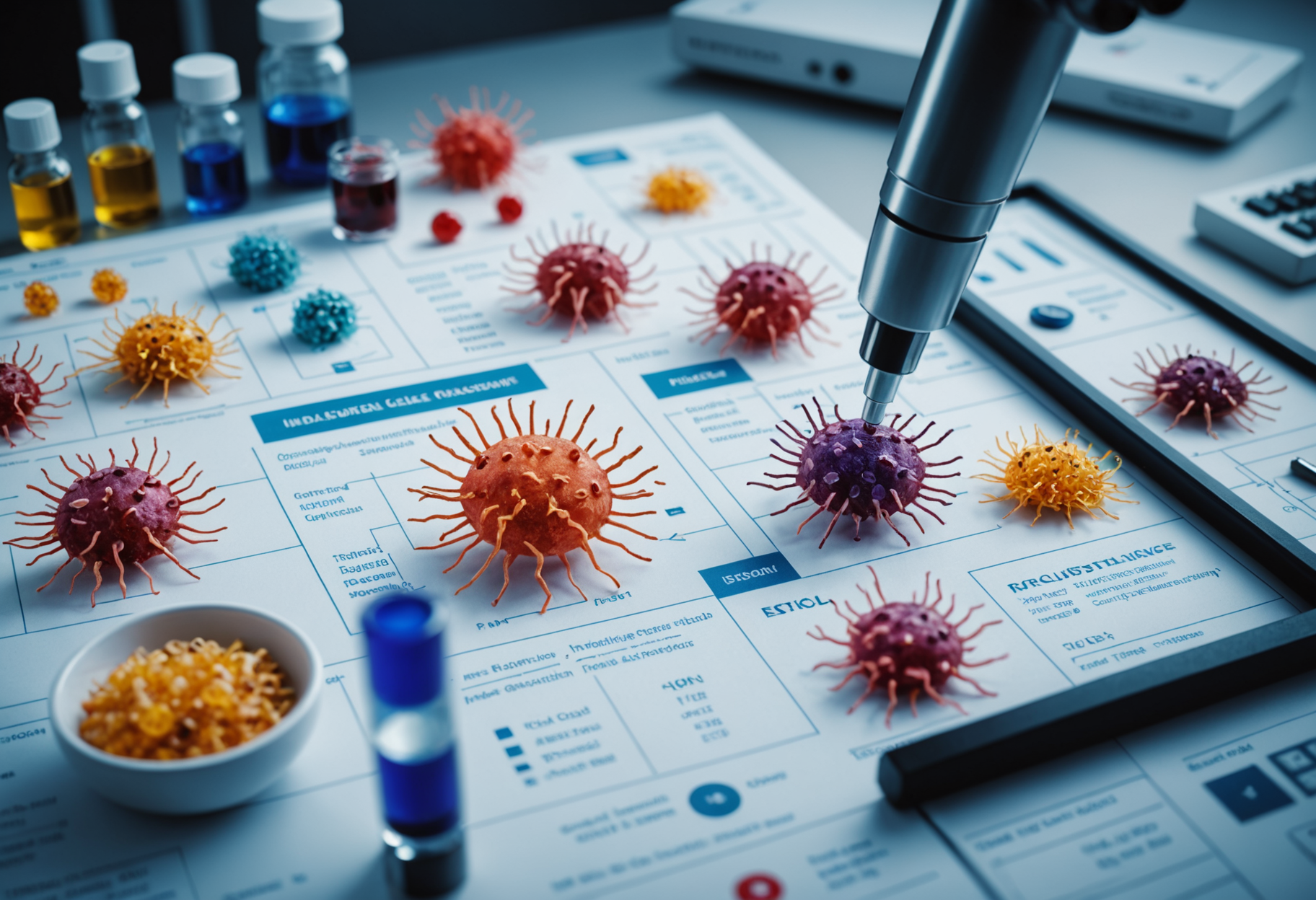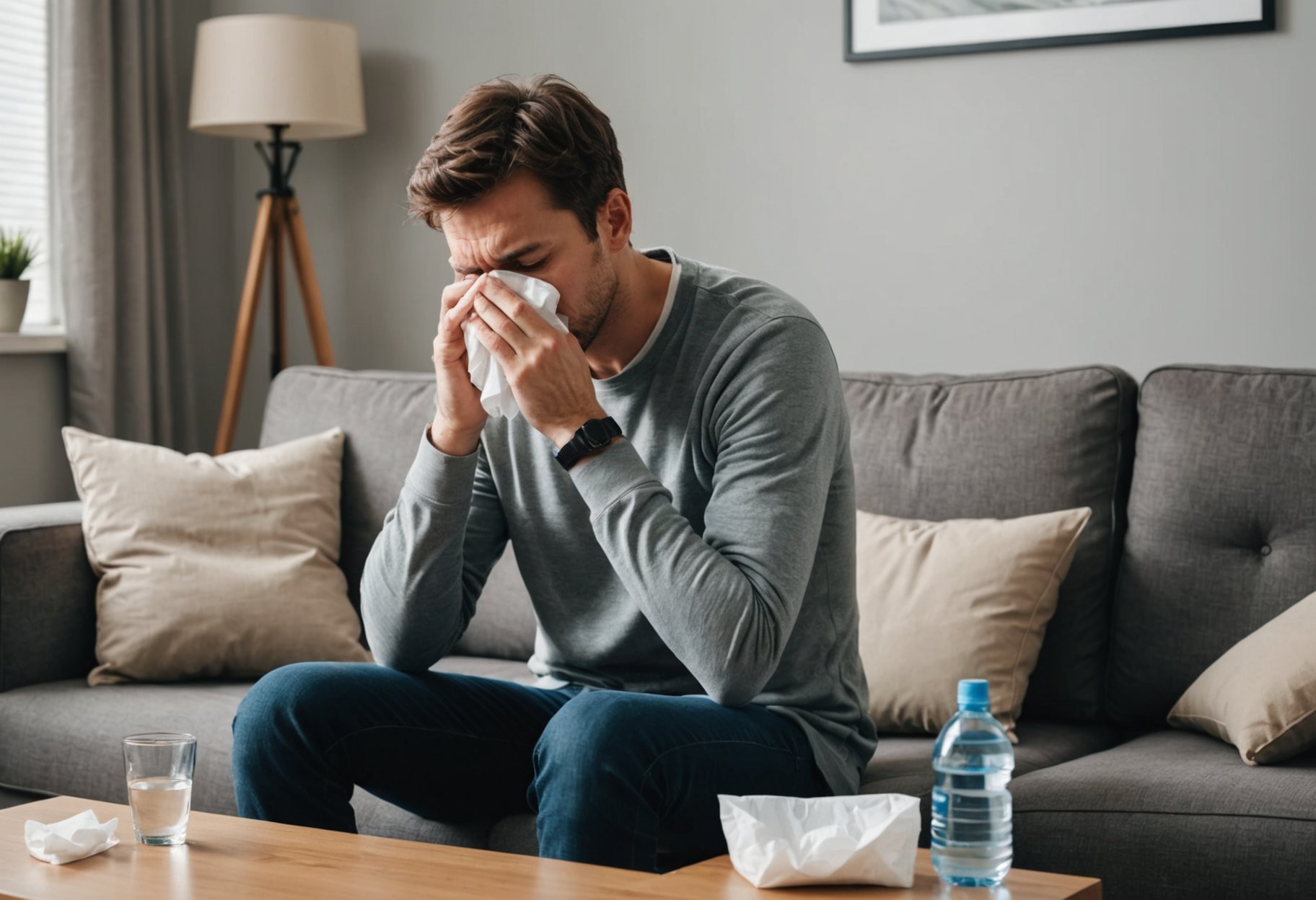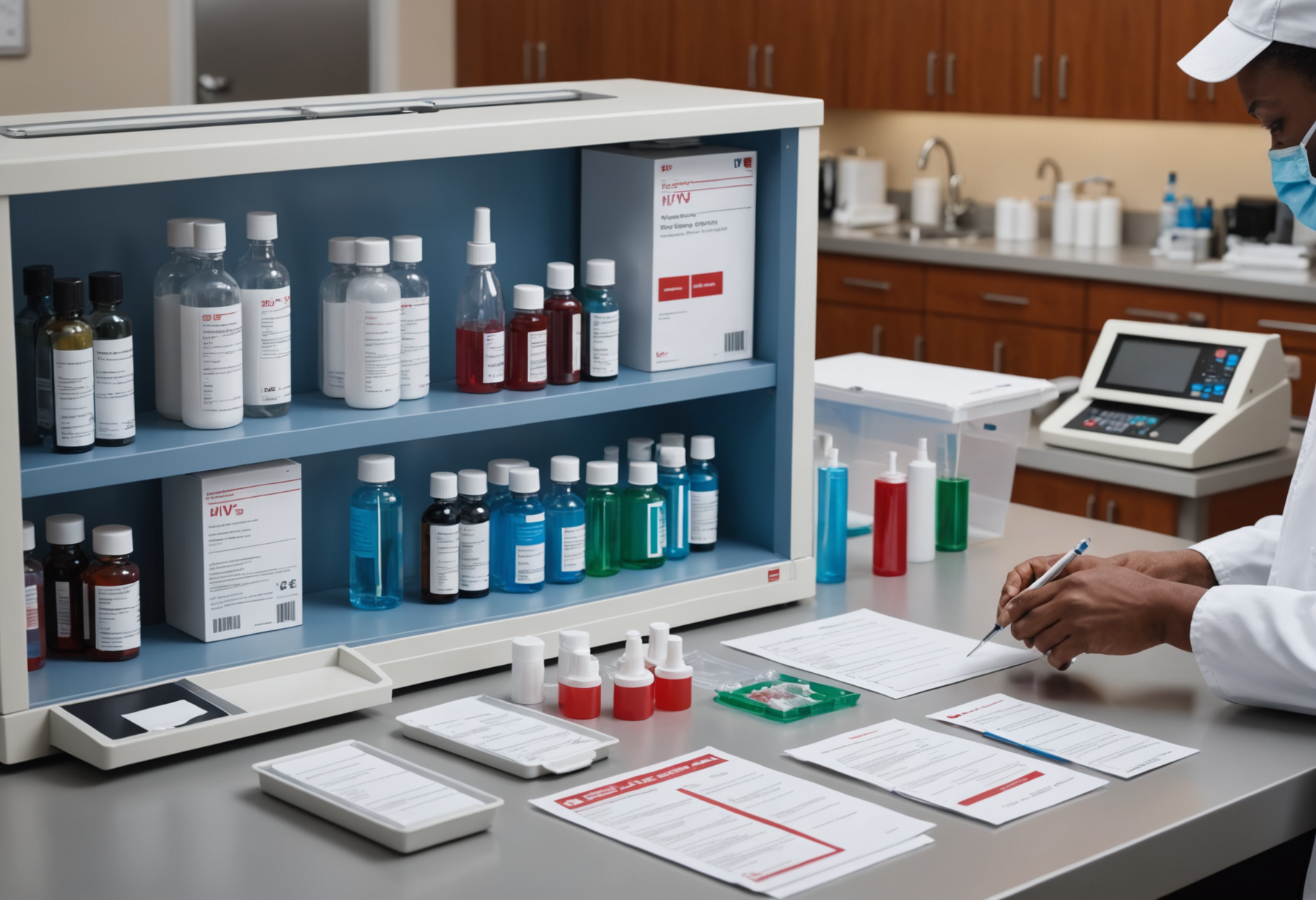Wondering 'How do I know if I've got HIV?' is a common and important concern. Understanding early symptoms and available testing methods can help you take control of your health with confidence. In this guide, we'll explore key signs, testing options, and how to approach HIV awareness proactively.
Understanding HIV and Why Early Detection Matters

HIV, or Human Immunodeficiency Virus, is a virus that affects the immune system by targeting specific cells that help the body fight infections. Left untreated, HIV can lead to AIDS (Acquired Immunodeficiency Syndrome), but with early diagnosis and treatment, most people with HIV can live long, healthy lives.
According to the CDC, as many as 1 in 7 people living with HIV in the U.S. don’t know they have it. That’s why it’s crucial to recognize the early signs and get tested promptly. Early detection can significantly improve health outcomes and reduce the risk of spreading HIV to others.
Common Early Symptoms of HIV

Symptoms of HIV can vary greatly between individuals and might not appear right away. In many cases, people don’t notice any signs until months or even years after infection. However, some individuals do experience symptoms shortly after infection, often referred to as acute HIV infection.
Here are some early signs that may suggest you should consider an HIV test:
- Flu-like symptoms (fever, chills, night sweats, and muscle aches)
- Swollen lymph nodes, especially in the neck and armpits
- Fatigue or unexplained weight loss
- Mouth ulcers or skin rashes
- Frequent infections or prolonged recovery times
While these symptoms can also be linked to other conditions, their presence—especially after potential exposure—should prompt a discussion with a healthcare provider.
How Do I Know If I've Got HIV? Testing Is Key

The only way to know if you have HIV is to get tested. HIV tests are widely available and are often free or low-cost at community health centers, clinics, or through home testing kits.
There are three main types of HIV tests:
- Antibody Tests: Detect antibodies your body produces in response to HIV, typically within 23 to 90 days after exposure.
- Antigen/Antibody Tests: Can detect both HIV antibodies and antigens (a part of the virus) as early as 18 days after exposure.
- Nucleic Acid Tests (NATs): These detect the virus directly and can identify HIV in the blood 10 to 33 days post-exposure.
Each test varies in terms of how soon it can detect the virus after exposure. For those asking, "how do I know if I have HIV [search now]," early testing options may be your best choice. Visit resources like HIV.gov to find nearby testing locations.
When to Get Tested and How Often

Timing matters when it comes to HIV testing. If you suspect you’ve been recently exposed to HIV, especially through unprotected sex or sharing needles, it’s important to act promptly. Testing too early may result in a false negative, which is why repeat testing may be necessary.
The World Health Organization recommends annual testing for anyone at higher risk—this includes individuals with multiple partners, men who have sex with men, and those using injectable drugs. If you’ve tested negative but were exposed in the past 72 hours, you may be eligible for post-exposure prophylaxis (PEP), a medication that can help prevent infection.
Consult a healthcare professional for personalized testing schedules and risk assessments.
Understanding how to know if you’ve got HIV is a proactive step in protecting your health. Symptoms alone aren’t enough to diagnose HIV, but recognizing them and seeking out early HIV testing options can lead to earlier treatment and better outcomes. If you’re asking yourself, 'How do I know if I have HIV?' consider exploring your testing options or speaking to a healthcare provider to stay informed and in control of your well-being.
